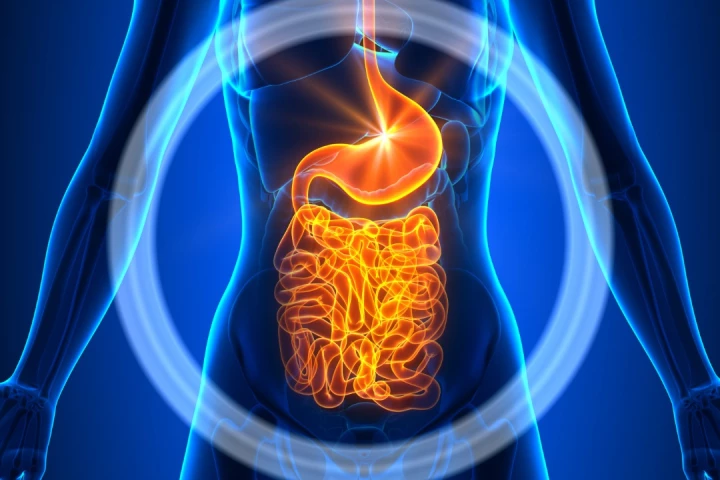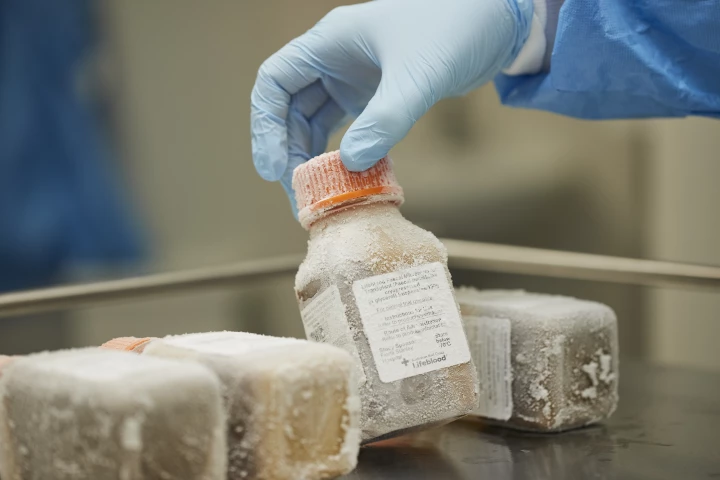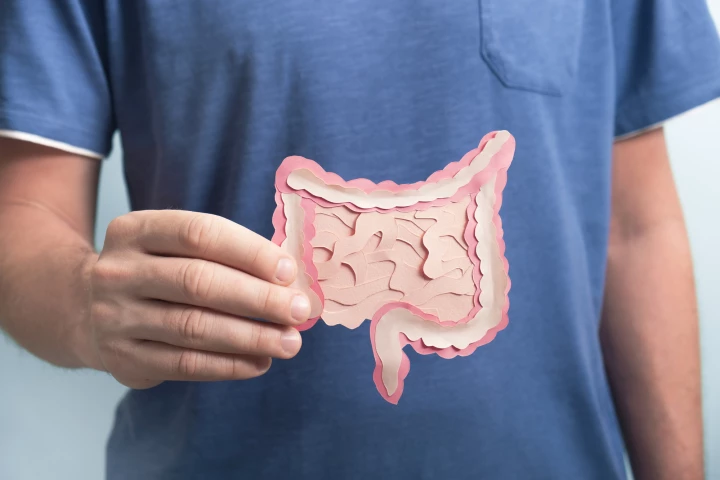fecal transplant
-
A large-scale human clinical trials is currently underway testing a wild idea. Can fecal transplants reduce a person's cravings for alcohol by altering their microbiome? Early studies are indicating this could be possible.
-
An example of the emerging science linking between gut health and autism, exciting new research moving into Phase 3 human trials has found fecal transplants can dramatically reduce its symptoms in the long term.
-
Improving the health of the gut microbiome by way of fecal transplant or dietary modification has been shown to noticeably improve COPD symptoms, opening the door to microbiome-targeted treatments for this currently incurable condition.
-
A phase 1 clinical trial exploring the use of fecal transplants to supplement immunotherapy treatment for melanoma has found it to be safe and has the potential to improve patients’ response to treatment.
-
Australia is poised to undertake its first clinical trial using fecal transplantation to treat blood cancer patients who’ve developed serious complications following bone marrow transplantation.
-
It's often hard to see the forest from the trees but if we zoom out a little it becomes clear 2022 saw some incredible breakthroughs in the world of medical science. All of these stories are landmark moments that are set to shape the future of medicine.
-
Australia's Therapeutic Goods Administration has granted approval to a fecal transplant therapy designed to target a serious bacterial infection, marking the first time any regulatory body in the world has formally authorized this kind of microbiome therapy.
-
A new study has not only highlighted how gut bacteria can influence inflammation and brain health, but demonstrated how hallmarks of aging in the brain, gut and eyes might even be reversed through fecal transplants.
-
Bold new research has plumbed the depths of poo-packed hippo pools and found they constitute a type of "meta-gut," in which microbes might be shared between the hippos to their benefit, kind of like a "probiotic shake."
-
A trial testing fecal transplants in obese subjects with metabolic syndrome found the treatment was only beneficial when accompanied by non-fermentable fiber supplements. The trial saw improvements in insulin sensitivity 6 weeks after a fecal transplant.
-
In a promising new study, scientists have demonstrated how fecal transplants can alter the microbiome to make advanced melanoma sufferers, who have not responded to immunotherapy in the past, more responsive to these treatments.
-
A first-of-its-kind clinical trial has found fecal transplants may be helpful reducing drinking behaviors in those suffering severe alcohol use disorder. The study points to a compelling relationship between the gut microbiome and addiction disorders.
Load More










